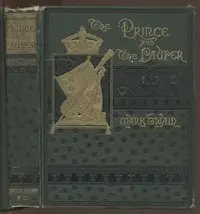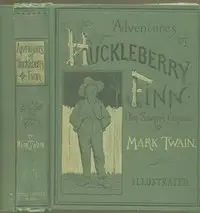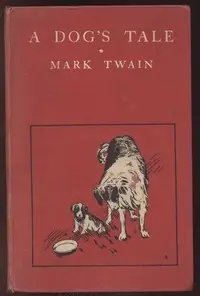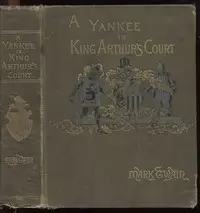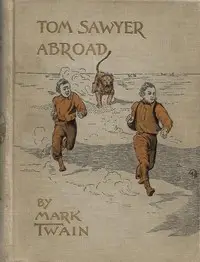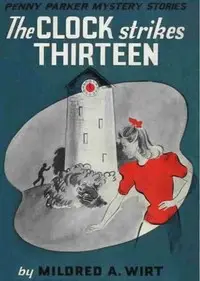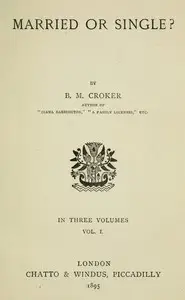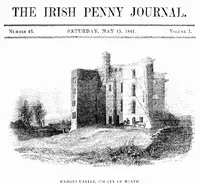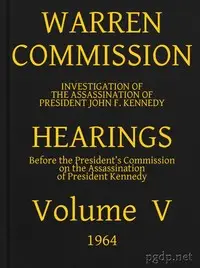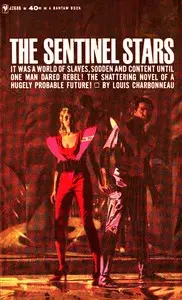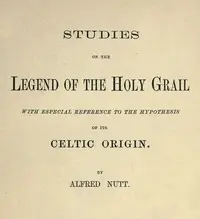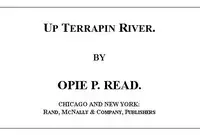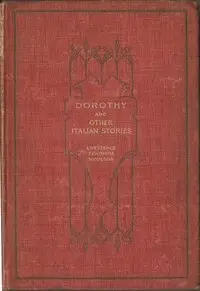"The Prince and the Pauper, Part 2" by Mark Twain is a historical novel set in the late 19th century. The story revolves around the lives of two boys, Tom Canty and Prince Edward, who, despite their vastly different social statuses, find themselves in a unique situation where they swap places. The narrative explores themes of identity, social class, and the nature of royalty, making it a timeless consideration of human experiences and societal structures. In this portion of the book, Tom Canty, now in the prince's clothes, grapples with his new identity and the overwhelming responsibilities that come with it. Feeling out of place and fearful of being discovered as an impostor, Tom experiences a series of comedic and poignant situations as he attends royal functions. His deep-seated longing for home contrasts sharply with the absurdities of court life, highlighting the disconnect between his humble origins and the regal expectations placed upon him. As he navigates the complexities of royal protocol, he becomes increasingly aware of the darker realities of power and privilege, particularly as he learns about the king's state of mind and the implications for his future. Through Tom's eyes, Twain poignantly critiques the rigid social hierarchies of his time, weaving a rich tapestry of emotion and insight. (This is an automatically generated summary.)
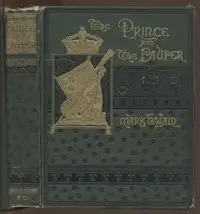
The Prince and the Pauper, Part 2.
By Mark Twain
"The Prince and the Pauper, Part 2" by Mark Twain is a historical novel set in the late 19th century. The story revolves around the lives of two boys,...
Samuel Langhorne Clemens, known by the pen name Mark Twain, was an American writer, humorist, and essayist. He was praised as the "greatest humorist the United States has produced," with William Faulkner calling him "the father of American literature." Twain's novels include The Adventures of Tom Sawyer (1876) and its sequel, Adventures of Huckleberry Finn (1884), with the latter often called the "Great American Novel." He also wrote A Connecticut Yankee in King Arthur's Court (1889) and Pudd'nhead Wilson (1894) and cowrote The Gilded Age: A Tale of Today (1873) with Charles Dudley Warner.

